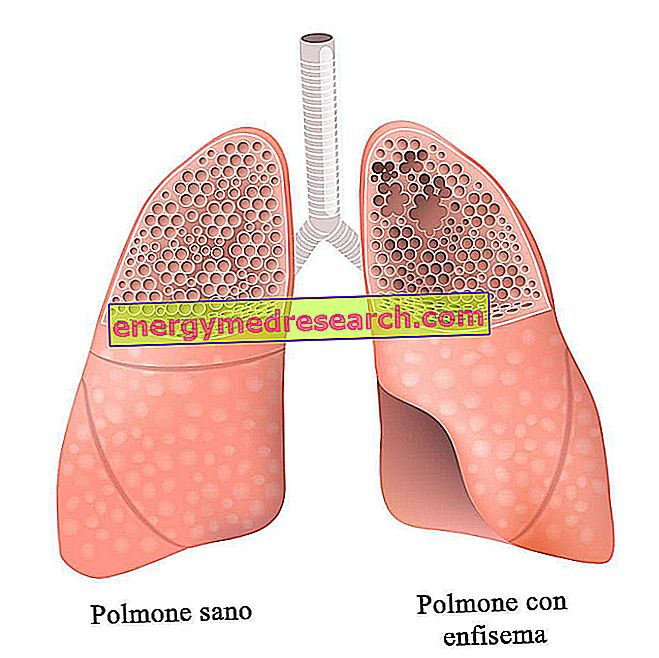
Reserved for people with late-stage lung disease and no longer treatable in any other way, lung transplantation is the delicate surgical procedure by which one or both of the original lungs are replaced with similar healthy elements, usually from a donor died recently.
According to an interesting US statistical survey, since 2005 the main reasons that made a lung transplant / i necessary were:
- For 27% of the cases, chronic obstructive pulmonary disease ( COPD ). Patients with pulmonary emphysema not due to alpha 1-antitrypsin deficiency also fall into this pathological category.
- For 16%, idiopathic pulmonary fibrosis . In medicine, the idiopathic term associated with a pathology indicates that the latter has arisen without obvious or demonstrable reasons.
- For a 14%, cystic fibrosis .
- For 12%, idiopathic pulmonary hypertension .
- For a 5%, alpha 1-antitrypsin deficiency . The latter is a protein essential for the health of the alveoli, as it guarantees their elasticity and the possibility of filling air adequately and without damage. The lack of alpha 1-antitrypsin derives from a genetic defect transmitted by inheritance and, among its possible consequences, results in a very rare form of pulmonary emphysema.
- For a 2%, a previous lung transplant failed .
- For a 24%, other causes, including bronchiectasis and sarcoidosis at a very advanced stage.



